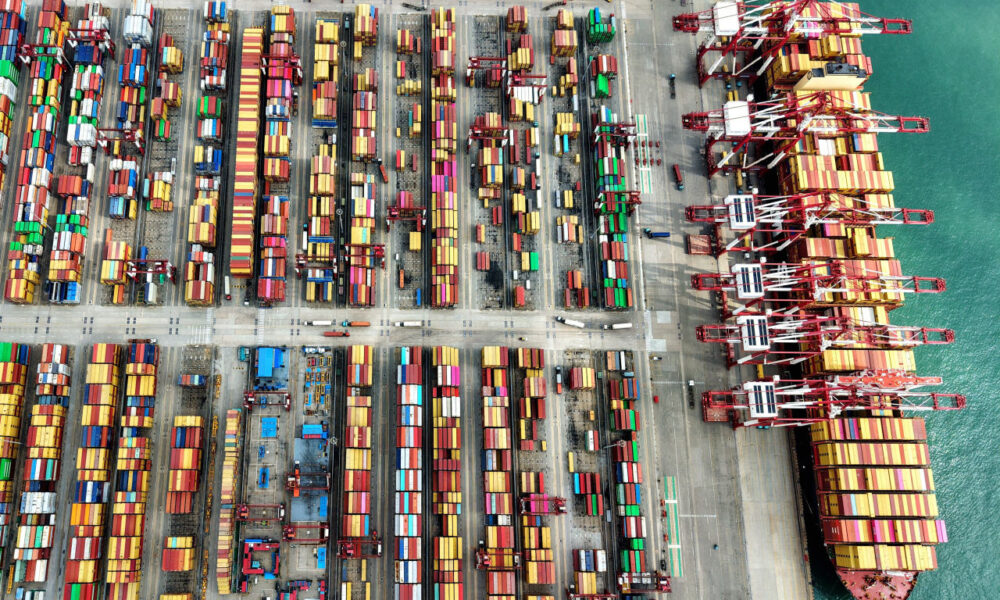The International Monetary Fund (IMF) has issued a warning regarding the economic outlook for the Asia-Pacific region, emphasizing that while the area showed resilience in the first half of 2023, the full impact of recent U.S. tariff increases remains uncertain. According to the IMF’s latest report, growth is expected to decelerate as the ramifications of these tariff hikes unfold.
The Asia-Pacific economies demonstrated unexpected strength, with many countries reporting higher-than-anticipated growth rates in the first six months of the year. However, the IMF cautions that this positive momentum may not be sustainable. The organization’s Chief Economist, Pierre-Olivier Gourinchas, highlighted that while initial data is promising, the long-term effects of trade policies could lead to a contraction in economic activity.
Potential Consequences of Tariff Increases
The report indicates that the escalation of tariffs imposed by the United States could disrupt supply chains and lead to increased costs for businesses across the region. Specifically, the IMF identified that the sectors most vulnerable to these changes include manufacturing and technology, which are heavily reliant on cross-border trade.
Furthermore, the IMF’s forecast suggests that growth in the Asia-Pacific region could fall to around 4.5% in 2024, down from previous estimates. This slowdown reflects concerns that companies may not be able to absorb the higher costs associated with tariffs, potentially leading to diminished consumer spending and investments.
Countries such as China, Japan, and Australia are particularly at risk, given their strong trade ties with the United States. The IMF urged policymakers in these nations to adopt measures aimed at mitigating the impact of tariff-related disruptions.
Policy Recommendations and Future Outlook
In light of these challenges, the IMF recommended that governments implement strategies to enhance domestic demand and diversify trade partnerships. The organization also stressed the importance of maintaining open and fair trade practices to foster economic stability in the region.
As the situation evolves, the IMF will continue to monitor developments closely and provide updated assessments. The organization emphasized that while the Asia-Pacific economies are currently performing well, vigilance is essential to navigate the complexities introduced by global trade tensions.
In conclusion, the IMF’s warning serves as a crucial reminder of the interconnectedness of global economies. As the effects of U.S. tariffs continue to ripple through the Asia-Pacific region, the need for strategic policy responses becomes increasingly urgent. Nations will need to balance immediate economic needs with long-term sustainability to mitigate the potential fallout from these trade policies.







